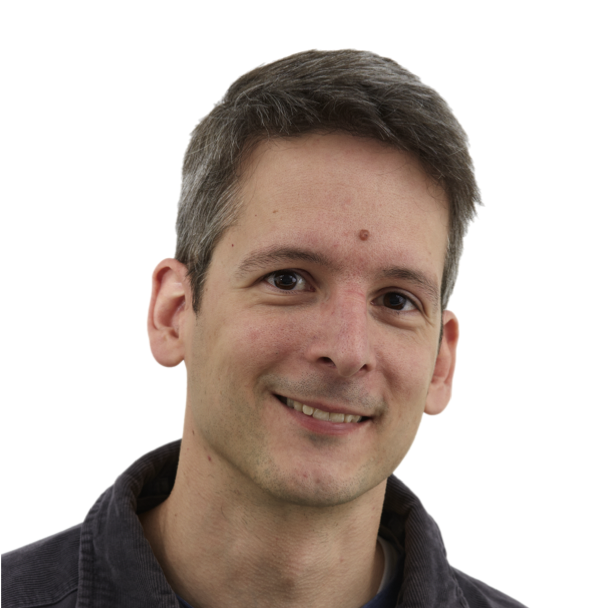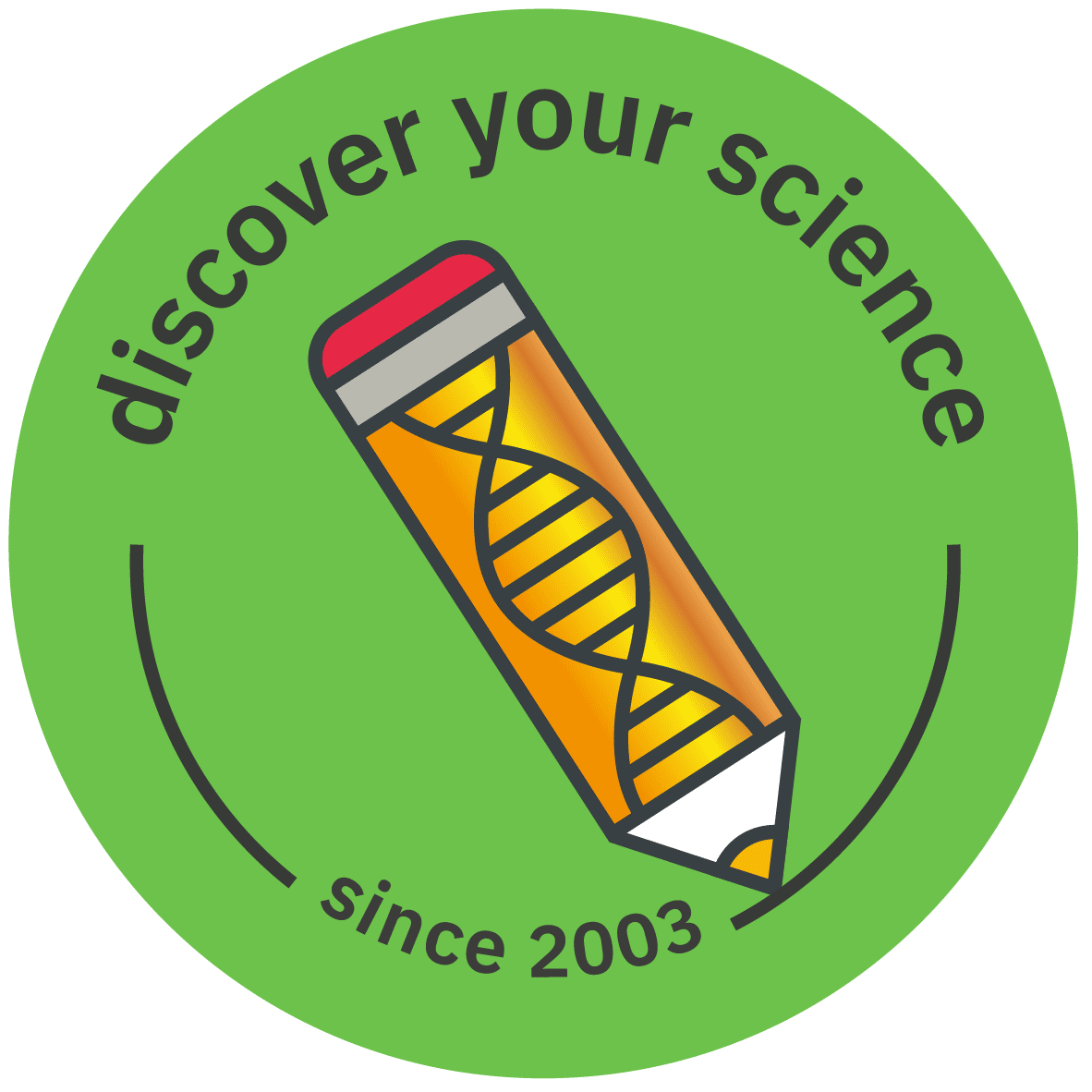EMBL School Ambassador Fabio Dall’Antonia
Country: Germany
Profile
Hi, my name is Fabio Dall’Antonia and I grew up and studied in Göttingen, Germany. Since high school days I have been interested in natural sciences, particularly Chemistry and Biology. On the other hand, becoming a journalist was a realistic alternative at that time. During community service I had time to consider my future path and decided to study chemistry. In my third year I attended a lecture of structural chemistry and immediately knew that structural science would be my field. It is fascinating to learn how matter is build through the arrangement of atoms in (bio-)chemical compounds. I discovered the particular elegance of crystallographic X-ray diffraction, which is a powerful high-resolution technique but also aesthetically intriguing due to the symmetry of crystals.
During my diploma research on metallo-organic structures I attended a programming course and realized the importance of scientific programming: the processing path from raw diffraction data to the final result, the molecular structure, is only feasible thanks to modern computation, and tasks that would have taken months to years in the early days of structural biology are nowadays achievable in hours to days. It was thus a logical development that I combined programming – a hobby since school days – and protein crystallography in my PhD research. Subsequent post-doc stages in Milan and Graz allowed me to broaden both my programming skills and my scientific horizon; for instance I was concerned with the prediction of allergenic protein epitopes for the development of specific immunotherapy.
I think for a scientist, alongside with being curious and eager to learn and discover new things through clever experiments, it is important to develop a flexible mindset and never persist with a single theory, single experimental method, or even single scientific discipline. Facing the challenges of current research, it is vital to transfer concepts of seemingly unrelated fields to a given problem, in particular when developing computational algorithms. Our EMBL outstation in Hamburg is a good example: around the X-ray beam-lines engineers, physicists, chemists and biologists work together and exchange ideas to improve experimental set-up, computation, interpretation of data and the biological conclusions. For me personally, the transformation of scientific ideas is also important when communicating research to the public: it is a challenging but also very rewarding task to simplify scientific concepts (without distorting them) in order to explain our work to visitors at science fairs, or when teaching school students.

